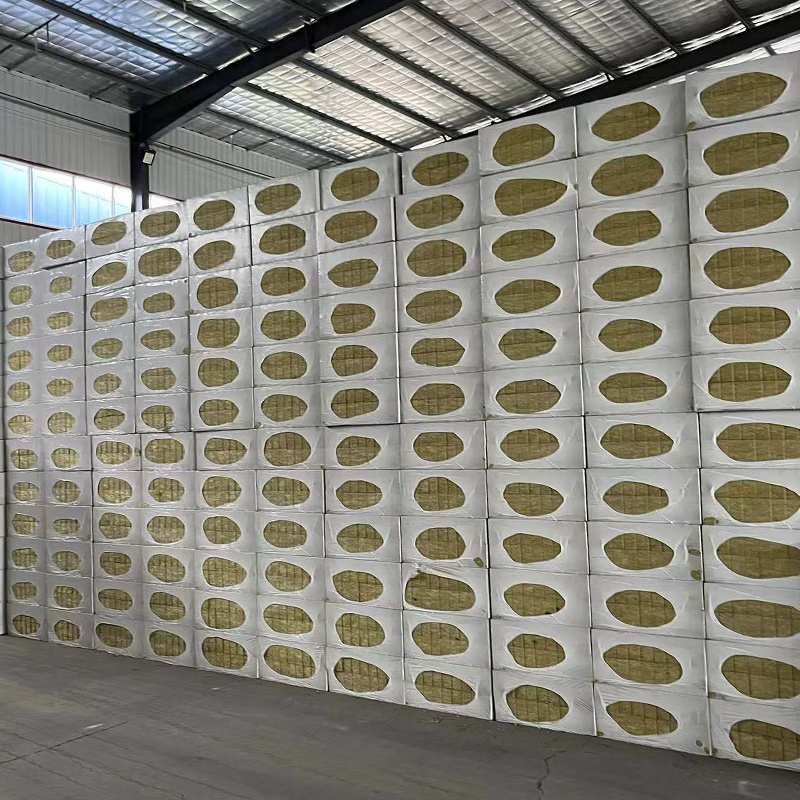Understanding Ceramic Fiber Board Insulation: A Key Component in Glass and Ceramic Processing
Aug 11,2025

Ceramic fiber board insulation is a specialized product made from high-purity alumina-silica fibers, which are manufactured through a process that involves spinning molten materials into fine fibers. These boards are known for their exceptional thermal resistance, lightweight nature, and excellent insulating properties, making them an ideal choice for high-temperature applications in various industrial sectors, particularly in glass and ceramic processing.
One of the most significant advantages of ceramic fiber board insulation is its ability to withstand extremely high temperatures, often exceeding 1260°C (2300°F). This makes it suitable for use in kilns, furnaces, and other high-temperature equipment commonly found in the glass and ceramic processing industry. By effectively insulating these high-temperature environments, ceramic fiber boards contribute to energy efficiency, reducing heat loss and minimizing energy costs.
Moreover, the lightweight nature of ceramic fiber board insulation allows for easy handling and installation, making it a preferred option in manufacturing processes. Unlike traditional insulation materials, which can be heavy and cumbersome, ceramic fiber boards can be cut and shaped to fit specific applications, enabling manufacturers to optimize their processes with minimal disruption.
In addition to its thermal resistance, ceramic fiber board insulation also offers excellent acoustic insulation properties. This feature can be beneficial in environments where noise reduction is essential, such as within glass and ceramic processing facilities. By incorporating ceramic fiber insulation, manufacturers can create a more comfortable working environment while enhancing the overall production quality.
Another important aspect to consider is the chemical resistance of ceramic fiber boards. They are generally resistant to most corrosive substances, which is particularly crucial in the glass and ceramic processing industries, where various chemicals and materials are used. This chemical stability ensures that the insulation maintains its integrity over time, providing reliable performance throughout its service life.
Furthermore, ceramic fiber board insulation is non-combustible, adding an extra layer of safety to high-temperature operations. This characteristic is vital for adhering to safety regulations and protecting both personnel and equipment from fire hazards.
In summary, ceramic fiber board insulation is an invaluable component in the glass and ceramic processing industry. Its high-temperature resistance, lightweight nature, acoustic properties, chemical stability, and non-combustibility make it an ideal choice for enhancing manufacturing efficiency and safety. By understanding the benefits and applications of ceramic fiber board insulation, manufacturers can make informed decisions that contribute to their operational success and sustainability.
One of the most significant advantages of ceramic fiber board insulation is its ability to withstand extremely high temperatures, often exceeding 1260°C (2300°F). This makes it suitable for use in kilns, furnaces, and other high-temperature equipment commonly found in the glass and ceramic processing industry. By effectively insulating these high-temperature environments, ceramic fiber boards contribute to energy efficiency, reducing heat loss and minimizing energy costs.
Moreover, the lightweight nature of ceramic fiber board insulation allows for easy handling and installation, making it a preferred option in manufacturing processes. Unlike traditional insulation materials, which can be heavy and cumbersome, ceramic fiber boards can be cut and shaped to fit specific applications, enabling manufacturers to optimize their processes with minimal disruption.
In addition to its thermal resistance, ceramic fiber board insulation also offers excellent acoustic insulation properties. This feature can be beneficial in environments where noise reduction is essential, such as within glass and ceramic processing facilities. By incorporating ceramic fiber insulation, manufacturers can create a more comfortable working environment while enhancing the overall production quality.
Another important aspect to consider is the chemical resistance of ceramic fiber boards. They are generally resistant to most corrosive substances, which is particularly crucial in the glass and ceramic processing industries, where various chemicals and materials are used. This chemical stability ensures that the insulation maintains its integrity over time, providing reliable performance throughout its service life.
Furthermore, ceramic fiber board insulation is non-combustible, adding an extra layer of safety to high-temperature operations. This characteristic is vital for adhering to safety regulations and protecting both personnel and equipment from fire hazards.
In summary, ceramic fiber board insulation is an invaluable component in the glass and ceramic processing industry. Its high-temperature resistance, lightweight nature, acoustic properties, chemical stability, and non-combustibility make it an ideal choice for enhancing manufacturing efficiency and safety. By understanding the benefits and applications of ceramic fiber board insulation, manufacturers can make informed decisions that contribute to their operational success and sustainability.
Contact Us
Company:Sunjoy Technology Co., Ltd.
General Manager: White Eric
Email: admin@sunjoy-rockwool.com
WhatsApp: +86 15202244515 +86 13602124815
Tel: +86 4009950775
Address: Room1701,Jin Fulin Building, Jinnan District,Tianjin,China


